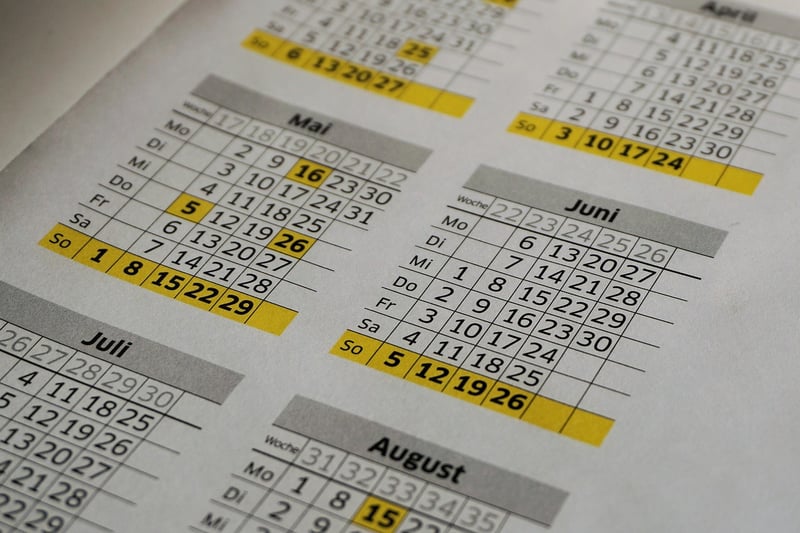Vendor Selection
Essential Steps for a Smooth Event Planning and Vendor Selection
Introduction
Planning an event can be a challenging task, but with the right steps and vendor selection, it can be a smooth and successful experience. Here are some essential steps to consider when organizing an event and selecting the right vendors to ensure everything runs seamlessly.
1. Define Your Event Goals and Budget
Start by clearly defining the goals and objectives of your event. Determine the type of event, target audience, and what you aim to achieve. Establish a budget that aligns with your goals to guide your planning process.
2. Create a Detailed Event Plan
Develop a comprehensive event plan that outlines all the details such as the event timeline, venue selection, catering requirements, entertainment, and marketing strategies. Having a well-thought-out plan will keep you organized and on track.
3. Research and Select Vendors Carefully
Research potential vendors thoroughly. Look for vendors with experience in handling events similar to yours and check their reviews and references. Ensure they understand your vision and can deliver the quality of service you expect.
4. Communicate Effectively with Vendors
Clear and open communication is key to a successful partnership with vendors. Clearly communicate your expectations, timeline, and budget constraints. Regularly follow up with vendors to ensure everything is on track.
5. Review Contracts Carefully
Before finalizing vendor agreements, review all contracts carefully. Ensure all services, costs, and cancellation policies are clearly outlined. Seek legal advice if needed to avoid any misunderstandings or disputes.
6. Coordinate Vendor Services
Coordinate with all selected vendors to ensure they are aligned with your event plan. Provide them with all necessary information and schedules to avoid any last-minute issues. Having a point of contact for each vendor can streamline communication.
7. Conduct a Final Walkthrough
Prior to the event, conduct a final walkthrough with all vendors at the venue. Clarify setup instructions, event flow, and any special requirements. This will help ensure that everything is in place for a successful event.
8. Evaluate Vendor Performance
After the event, evaluate the performance of each vendor. Assess their professionalism, quality of service, and adherence to the contract terms. Provide feedback to help vendors improve and consider for future events.
Conclusion
By following these essential steps and carefully selecting vendors, you can ensure a smooth and successful event. Effective planning, communication, and coordination with vendors are key to creating a memorable experience for your attendees.
Image Source:
Image by Pixabay

